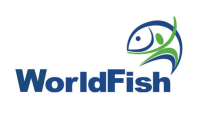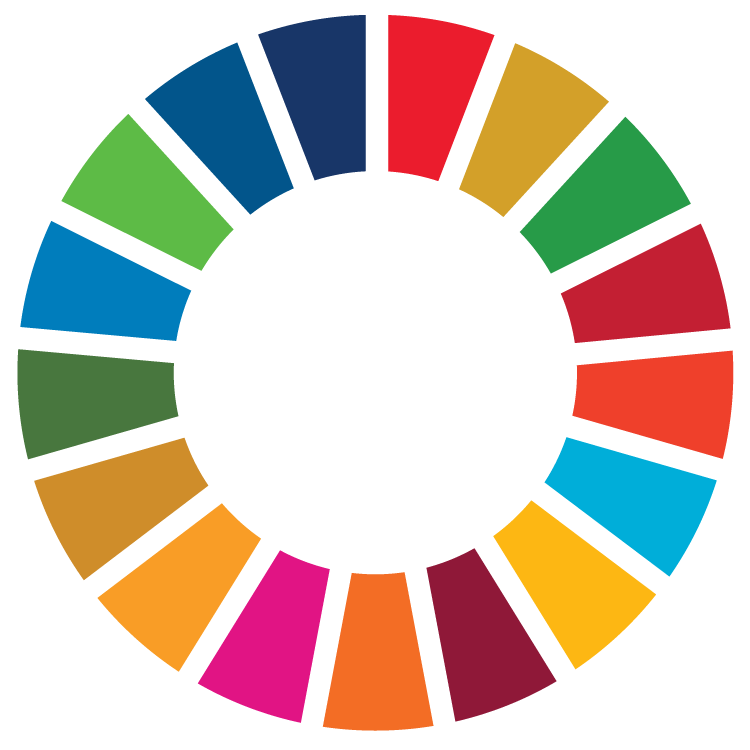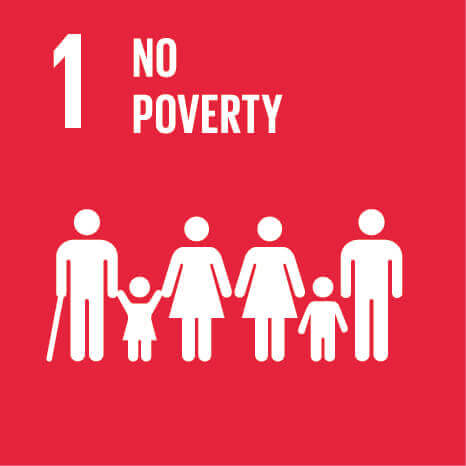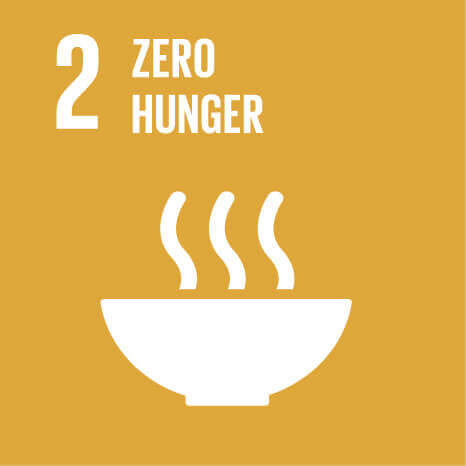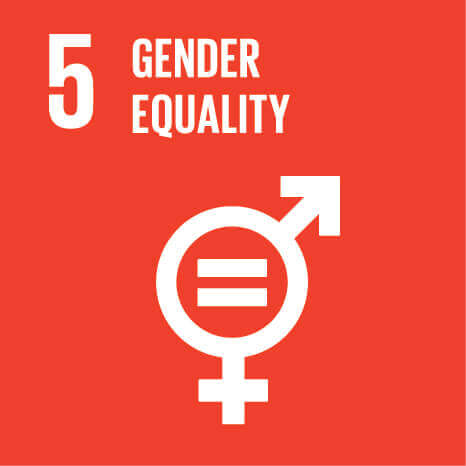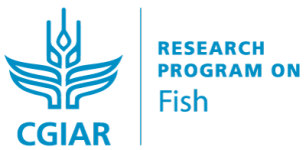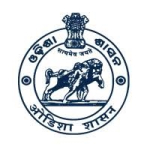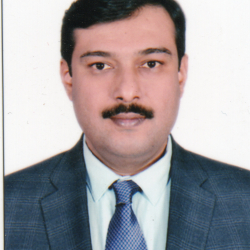Worldfish, the Government and other key partners come together to strengthen their commitment to reducing malnutrition across the State of Odisha, India
Published on: April 29, 2021, Submitted by Arun Padiyar Panemangalore on: March 11, 2020, Reporting year: 2020
The approval of the inclusion of fish and fish based products in Supplementary Nutrition Program of the State of Odisha, under Integrated Child Development Support scheme of Department of Women and Child Development and Mission Shakti is a commendable policy decision taken by the Government for reducing malnutrition menace. The Empowerment of Women through self-help groups in the production of fish and fish based products is another supportive policy decision in ensuring supply of nutritious fish and income generation.
Fisherwoman in Odisha, India
State level International Women’s Day was celebrated at the Loka Seva Bhavan, Bhubaneswar, Odisha on 8th March 2020. On this occasion, Honourable Chief Minister of Odisha, Mr. Naveen Patnaik has launched Odisha Nutrition Strategy. The Department of Women and Child Development and Mission Shakti has developed a strategy for transforming nutrition outcomes in 125 identified blocks of the state.
WorldFish is an invited member of the Technical Advisory Group on Nutrition under this department, with the role of advising on supplementary nutrition program under the Integrated Child Development Support scheme (ICDS) of the Government. The Department has recently approved the piloting of fish and fish based products’ inclusion in supplementary nutrition programs for children above 3 years, adolescent girls and pregnant and lactating women in selected blocks of the state in technical collaboration with WorldFish.
Odisha will be the first state to have an exclusive department for the SHGs. It will be dedicated to all the women of Odisha, Odisha chief minister, Mr. Naveen Patnaik.
Mission Shakti is one of the successful programmes of government since 2001. The state government provides financial support to the SHGs to encourage rural women to take up various livelihood activities. Fish farming has been included as one the livelihood programs during 2018-19. This is a convergence scheme involving three departments namely, Mission Shakti, Fisheries & Animal Resources and, Panchayati Raj & Drinking Water with technical support from WorldFish.
Following the policy, Women and Child Development and Mission Shakti Department, Government of Odisha and WorldFish guided by their common objectives of fighting undernutrition and recognizing the role of fisheries & aquaculture, have signed a Memorandum of Understanding for 5-year collaboration in the state of Odisha on 10th November 2020 for achieving the desired nutritional outcomes through pilot inclusion of fish and fish based products in Supplementary Nutrition Program (SNP) of the Integrated Child Development Services (ICDS) of the Government.
The collaboration, which will focus on various technical inputs, aims at providing livelihoods opportunities through fish activities for over 60,000 women. The economic empowerment activities implemented in conjunction with the nutrition program will contribute towards reaching the nutrition goals for 1.61 million children in the age group of 3-6 years, 2.25 million adolescent girls and 0.72 million pregnant and lactating women across the State.
The commitment to the policy decision is further strengthened by a specific budget allocation to Nutrition - one of its kind nutrition budget in India - and the signing of the MoU provide a way forward for scaling the inclusion of fish in Anganwadi ICDS Supplementary Nutrition Program of Odisha Government which involves 6 million people (children, adolescent girls, pregnant and lactating women) from vulnerable communities. Also, it would provide fisheries and aquaculture based income generation livelihoods opportunities for thousands of Women organised under self help groups nurtured by the Department of Mission Shakti of the Government of Odisha.
The collaboration will focus on:
- Train and empower 6,000 Women Self Help Groups (WSHGs) involving 60,000 women in nutrition-sensitive fish production systems in Gram Panchayat tanks and 10 WSHGs involving 100 women for fish processing through small-scale home industry set-up and linking them to the market
- Design and develop age-specific fish based products for ICDS beneficiaries from small indigenous species sourced from capture fisheries
- Collaborate in piloting the inclusion of fish and fish based products in government sponsored ICDS Supplementary Nutrition Programme (SNP) through 50 Anganwadi centers.
- Conduct national and international study tours and brain storming sessions for key officials of the Department to share the experiences on inclusion of fish for nutritional benefits of the vulnerable section of the communities
- Technically assist the Department in preparing feasibility report on inclusion of fish in SNP to 1.61 million children in the age group of 3-6 years; 2.25 million adolescent girls and 0.72 million pregnant & lactating women across the state
- Technically assist the Department for inclusion of fish on large-scale basis under ICDS supplementary feeding programme, if decided by the Government
- Support the Department in creating awareness among 137,964 ICDS functionaries across districts on benefits of fish-based nutrition through different SBCC materials and Nutrition Protagonist TikiMausi
- Technically assist the Department in disseminating the importance of fish based nutrition in 1000 days of life in 125 hard to reach projects under SOPAN
- Assist the Department in designing and executing proper Monitoring, Evaluation and Learning (MEL) of various activities under the MoU and for documentation of various activities and outcomes of the program in order to share the learnings with wider stakeholders for further developments / investments at scale along with the agreed impact pathway.
Stage of Maturity and Sphere of influence
-
Stage of Maturity: Stage 1
-
Contributions in sphere of influence:
2.1.1 - Increased availability of diverse nutrient-rich foods
B.1.1 - Gender-equitable control of productive assets and resources
Acknowledgement
This work was undertaken as part of the CGIAR Research Program on Fish Agri-Food Systems (FISH) led by WorldFish. The program is supported by contributors to the CGIAR Trust Fund. Funding support for this work was provided by the USAID as part of the Scaling nutrition-sensitive fisheries technologies and integrated approaches through partnership in Odisha project.
For more details , please contact the India project manager Arun Padiyar at A.Padiyar@cgiar.org.
